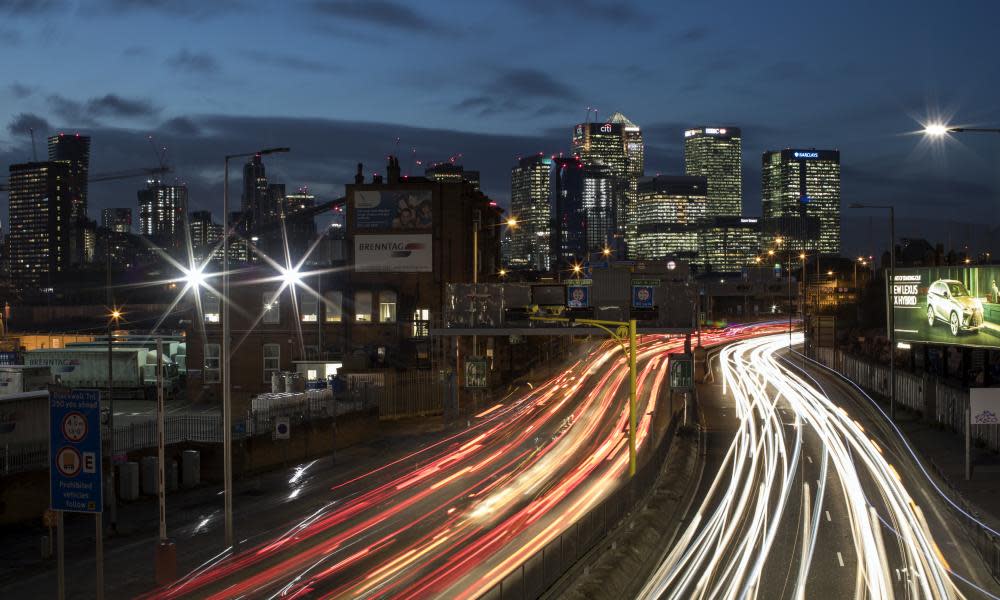Ethics in a hyper-materialist age

When I started as an inner-city priest in Elephant and Castle in 1973, belief in social justice abounded, together with hope and confidence in community work. As vicar of Tottenham in the 80s, the years preceding the Broadwater Farm riots, I watched the erosion of community wellbeing with mounting horror and was surprised the riots didn’t come earlier. In myriad ways since 2010, the Guardian, a lonely beacon of light and hope, has tracked daily the downward spiral to the destitution, homelessness, child poverty and collapse of social care that is the quagmire of Westminster governed England today. Your editorial on caring capitalism (20 January) is no exception.
Now it’s time to cut the tosh. I don’t say put all the sophisticated analyses on the side of the plate. But let’s focus on how simple it is: human beings, like plants, need the water and warmth of love to thrive, even to survive. This includes what I’ll call social love. Millions are not receiving it. A generous view of shared humanity is fundamental to the wellbeing of everyone, including the rich. I want it back.
Nicholas Bradbury
Oxford
• I was immensely heartened by your editorial. It is proof that, even in these hyper-materialist times, the moral basis on which the Scott family ran and then gave this paper to the Scott Trust (on which I was privileged to serve for a decade) is alive and kicking, even though fear of upsetting Big Money is today manifest everywhere, not least in government. One could write a book in response. But I will confine myself to two observations.
The first is that the dilution of ethical influence everywhere has been doing its dirty work so long and deeply that one effect – the ludicrous increase in the amount and complexity of the law – has accelerated the trend. The outcome is disastrous, for the law is not only less influential but very often counterproductive. The reality is that the prosecutorial authorities are light years behind their need for the skilled resources to enable them to give effect to the laws. We thus suffer the worst of both worlds.
You also fail to point up the central role of corporations – particularly the huge ones – in the collapse of trust and integrity, affected as they are not only by the point just made, but limited liability itself, a huge engine of unscrupulousness.
Andrew Phillips
House of Lords
• Join the debate – email guardian.letters@theguardian.com
• Read more Guardian letters – click here to visit gu.com/letters

 Yahoo News
Yahoo News 
